"Considering employee appraisals is a great step to take to enhance your role as a manager. While the idea of conducting performance evaluations might seem a bit overwhelming, it's a valuable opportunity to provide feedback, set goals, and support your team members' growth.
In this blog, we'll break down the process of conducting appraisals, helping you get started on the right foot.

Understand the Purpose
Before diving into the appraisal process, it's essential to grasp why appraisals matter. They offer a chance to acknowledge employees' achievements, provide constructive feedback for improvement, and align individual goals with the company's objectives. Prepare talking points and notes in advance. This will help you stay on track during the conversation and ensure you cover all the important aspects.
Gather Information
Review your team members' performance data, including their accomplishments, projects, and any relevant metrics. This information will be the basis for your appraisal discussions. Take detailed notes during the appraisal meeting. This documentation will be useful for future reference, tracking progress, and preparing for the next appraisal cycle.
Schedule Appointments
Reach out to each team member individually to schedule a dedicated appraisal meeting. This shows that you value their growth and gives them time to prepare as well.
Create a Comfortable Environment
Choose a neutral and private location for the appraisal discussion. Create an atmosphere that encourages open dialogue, where employees feel comfortable sharing their thoughts and concerns.
Set Clear Objectives
Define the objectives of the appraisal process. Are you focusing on setting performance goals, discussing strengths and areas for improvement, or both? Having a clear purpose will guide your conversations. Work with the employee to set SMART (Specific, Measurable, Achievable, Relevant, Time-bound) goals for the upcoming period. This helps them understand their targets and how their work contributes to the team and company. Gently address any areas where improvement is needed. Use specific examples and focus on the behaviour or action rather than making it personal. The goal is to facilitate growth, not criticize.
Encourage Two-Way Communication
Appraisals are a chance for a dialogue, not a one-sided conversation. Encourage employees to share their thoughts, concerns, and aspirations. Listen actively and provide guidance where needed. Begin the appraisal by acknowledging the employee's contributions and achievements. This sets a positive tone and helps the employee feel valued and appreciated.
Follow Up
After the appraisal, send a follow-up email summarizing the discussed points, agreed-upon goals, and any action items. This reinforces the commitments made during the meeting.
Continuous Feedback
Remember that appraisals aren't a one-time event. Regularly provide feedback and check in on progress throughout the year to ensure that employees are on track to meet their goals.

Starting the journey of conducting employee appraisals might feel a bit daunting, but with the right approach and mindset, you'll find it to be a rewarding experience. By following these steps and fostering open communication, you'll not only help your team members grow professionally but also contribute to a positive and productive work environment. Remember, every step you take to invest in your team's development is a step toward the success of your entire organisation.
Here at The HR Consultants, we can help you prepare the right questions or set the right tone for your appraisals, to ensure you are getting the desired outcome from your employee appraisals. Contact us to see how we can best support you to make these crucial steps in your future as a leader.
"













